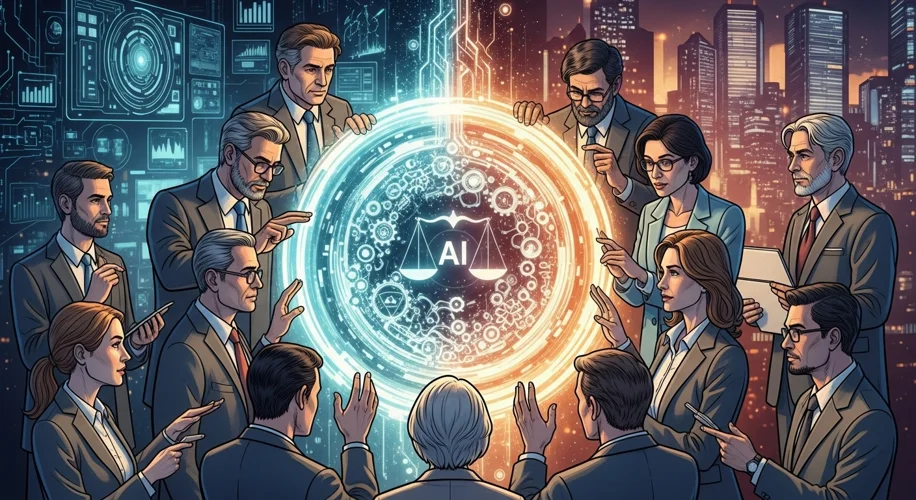As someone who has spent decades in the tech industry, I’ve seen firsthand how quickly innovation can move. Today, that pace is set by artificial intelligence, and it’s moving at an incredible speed. With this rapid advancement comes a critical need to talk about AI ethics. It’s not just a philosophical debate; it’s about building technology that serves us well.
When we talk about AI ethics, we’re really asking some fundamental questions. How do we ensure AI systems are fair and don’t perpetuate existing biases? Think about loan applications or hiring software. If the data used to train these AIs reflects past discrimination, the AI could inadvertently continue that pattern. It’s crucial to consider the source of the data and the potential impact of the decisions an AI makes.
From my perspective, one of the key areas is transparency. Do we understand how an AI arrives at its conclusions? If an AI denies a loan or flags a particular news article as false, knowing the reasoning behind that decision is important. This isn’t always easy with complex

